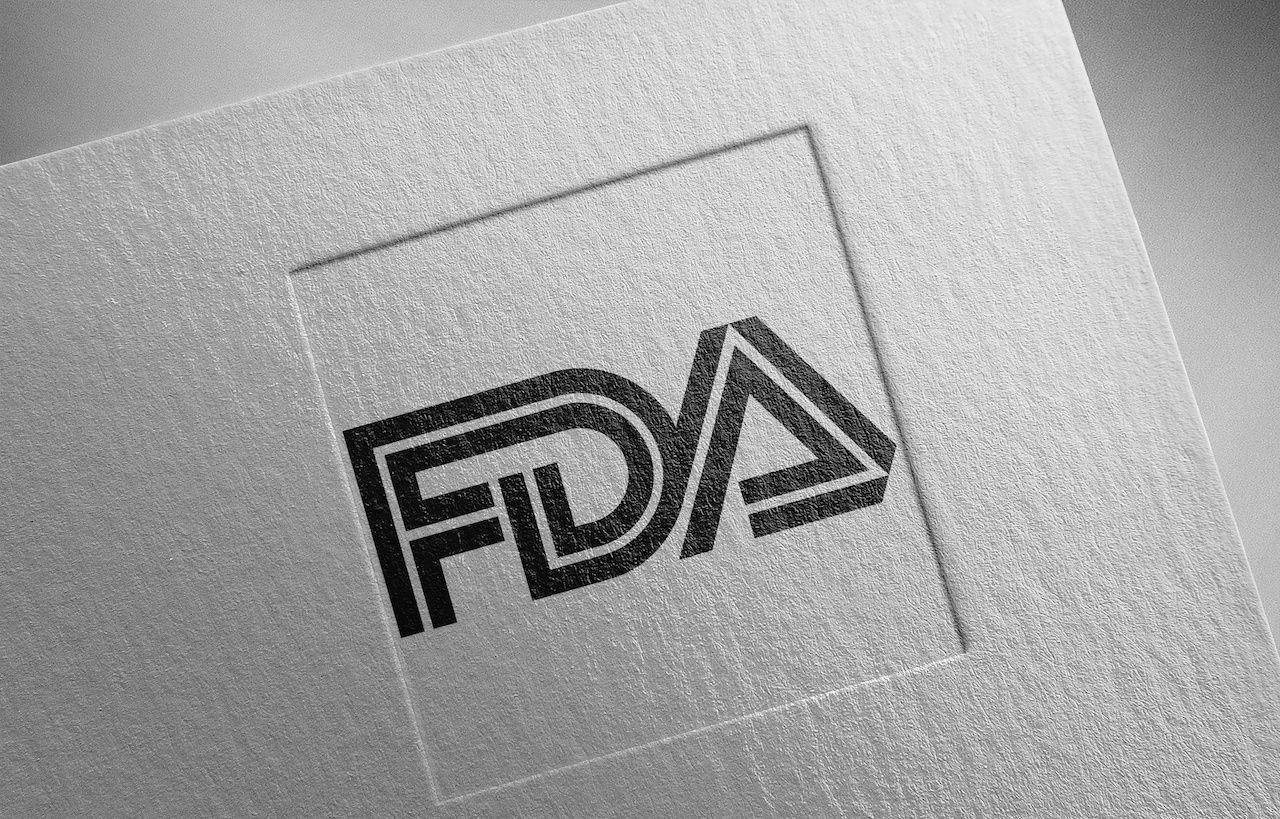- Center on Health Equity & Access
- Clinical
- Health Care Cost
- Health Care Delivery
- Insurance
- Policy
- Technology
- Value-Based Care
FDA Approves Belzutifan for Advanced RCC After PD-1 or PD-L1 Inhibition and a VEGF-TKI
The approval of belzutifan, an oral hypoxia-inducible factor-2 alpha inhibitor, provides a new option for patients with advanced renal cell carcinoma (RCC) following treatment with a programmed death receptor-1 (PD-1) or programmed death-ligand 1 (PD-L1) inhibitor and a vascular endothelial growth factor tyrosine kinase inhibitor (VEGF-TKI).
The oral hypoxia-inducible factor-2 alpha (HIF-2α) inhibitor belzutifan (Welireg; Merck) was granted FDA approval for the treatment of advanced renal cell carcinoma (RCC) following treatment with a programmed death receptor 1 (PD-1) or programmed death ligand 1 (PD-L1) inhibitor and a vascular endothelial growth factor tyrosine kinase inhibitor (VEGF-TKI), the FDA announced on Thursday.1
FDA on Paper Texture | Image credit: Araki Illustrations - stock.adobe.com

“This approval is exciting news for our patients as it gives us a new option for refractory patients with kidney cancer," lead investigator Toni K. Choueiri, MD, director of the Lank Center for Genitourinary Cancer at Dana-Farber Cancer Institute, said in a press release.2 "Belzutifan is an oral drug with a novel mechanism of action that reduced risk of disease progression or death and had favorable quality of life in this patient population when compared to everolimus."
Results of the phase 3 LITESPARK-005 trial (NCT04195750) supported the approval.1 In the open-label, head-to-head trial, 746 patients were randomized 1:1 to receive either belzutifan (120 mg) or everolimus (10 mg) once daily. Main outcomes were progression-free survival (PFS), which was assessed by blinded independent central review, and overall survival (OS).
Patients treated with belzutifan experienced a statistically significant improvement in PFS compared with everolimus (HR, 0.75; 95% CI, 0.63-0.90; 1-sided P value, .0008).1 The objective response rate (ORR) was 22% in those treated with belzutifan (95% CI, 18-27) compared with 4% for everolimus (95% CI, 2-6).3
Additionally, Kaplan-Meier curves showed non-proportional hazards, with a median PFS estimate of 5.6 months (95% CI, 3.9-7.0) in those treated with belzutifan and 5.6 months (95% CI, 4.8-5.8) for those treated with everolimus. Results for OS were not mature at the time of the analysis.1
The median duration of exposure was 7.6 months for belzutifan, and 38% of patients experienced serious adverse events.3 Decreased hemoglobin, fatigue, musculoskeletal pain, increased creatinine, decreased lymphocytes, increased alanine aminotransferase, decreased sodium, increased potassium, and increased aspartate aminotransferase were the most common adverse reactions with incidences of 25% or higher.1
“Despite recent progress in the treatment of advanced RCC, there is yet to be an option specifically approved for patients whose disease progresses following a PD-1 or PD-L1 inhibitor and a TKI therapy,” Choueiri said in a statement.3 “This approval of belzutifan introduces a meaningful new treatment option for certain patients, as belzutifan reduced the risk of disease progression or death compared to everolimus.”
References
1. FDA approves belzutifan for advanced renal cell carcinoma. News release. FDA. December 14, 2023. Accessed December 15, 2023. https://www.fda.gov/drugs/resources-information-approved-drugs/fda-approves-belzutifan-advanced-renal-cell-carcinoma
2. FDA approves kidney cancer therapy after Dana-Farber-led research shows improved outcomes for patients with advanced disease. News release. Dana-Farber Cancer Institute. December 15, 2023. Accessed December 15, 2023. https://www.dana-farber.org/newsroom/news-releases/2023/fda-approves-kidney-cancer-therapy-after-dana-farber-led-research-shows-improved-outcomes-for-patients-with-advanced-disease
3. FDA Approves Merck’s Welireg (belzutifan) for the treatment of patients with advanced renal cell carcinoma (RCC) following a PD-1 or PD-L1 inhibitor and a VEGF-TKI. News release. Merck. December 14, 2023. Accessed December 15, 2023. https://www.merck.com/news/fda-approves-mercks-welireg-belzutifan-for-the-treatment-of-patients-with-advanced-renal-cell-carcinoma-rcc-following-a-pd-1-or-pd-l1-inhibitor-and-a-vegf-tki
